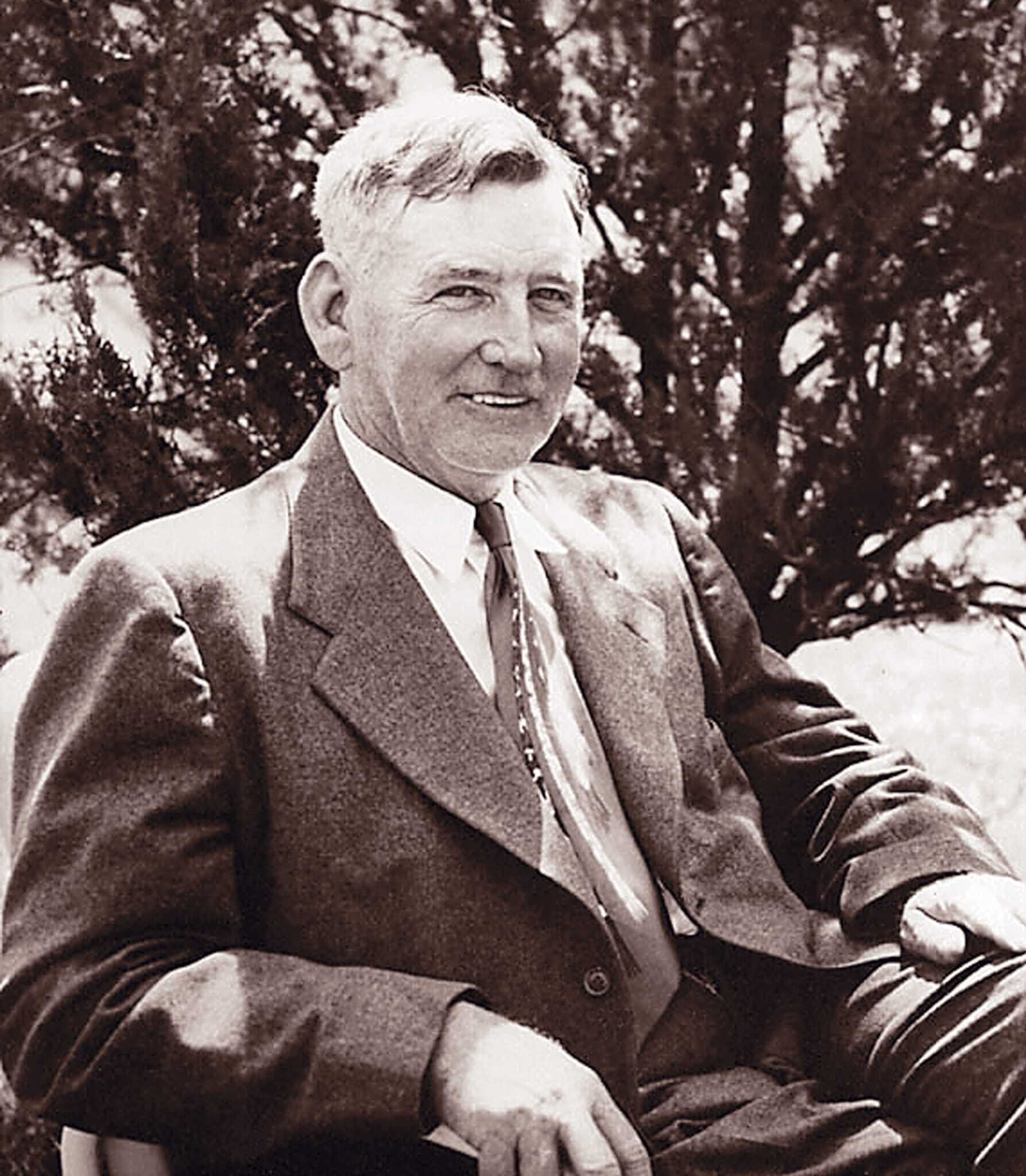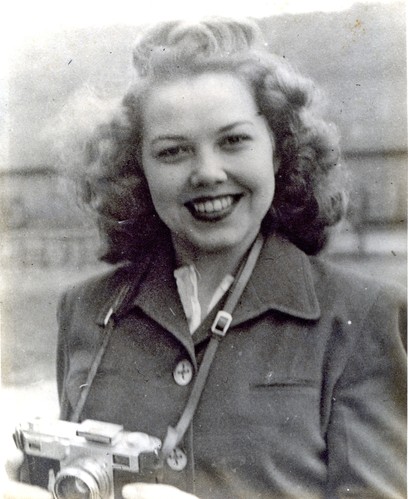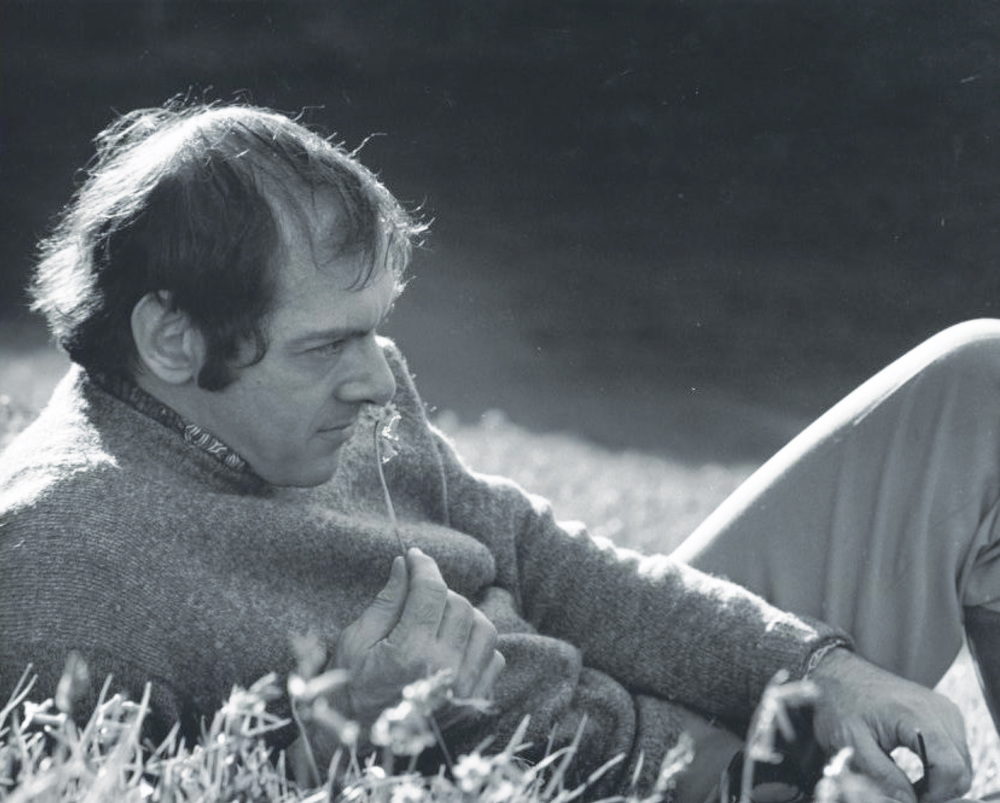Wat mij betreft was het al lang weer tijd voor een nieuw deeltje in de serie Bill Clifton interviews. Eigenlijk waren het maar een paar interviews, maar het is natuurlijk leuk om een en ander in ‘hapklare brokjes’ aan te bieden. Het is verbijsterend hoeveel Bill Clifton weet te vertellen over ‘hoe dingen vroeger gingen’ en ik prijs mezelf wat dat betreft ook gelukkig dat ik een langere tijd terug ‘niet gehinderd door wat dan ook’ helemaal onbevangen aan dit project ben begonnen. Ik wens jullie veel plezier met lezen en luisteren. Opmerkingen, aanvullingen en dergelijk ben ik blij mee. Laat ze achter onder aan deze post…
Recording sessions in one take
Transcription:
And it’s hard to imagine that somebody would think that way now, you know, in retrospect, but back then they were new and they were pretty expensive. A passing fad you know…
Back then they were new and they were pretty expensive and economic circumstances were real bad. Exactly. But he’s [Dorsey Dixon] the only person I have ever met that didn’t believe that phonograph records would ever last, you know. And I thought that that was a very interesting comment. But yeah, the thirties were very difficult and so the recording sessions for The Carter Family were set up whenever, I guess, whenever Ralph Peer could arrange it. Because Ralph Peer wanted to set up as often as possible.
He would take the initiative? Oh, he was the person taking the initiative and keep in mind that he was publishing everything through Southern Music and Peer International. So he wanted as many songs out there as possible and he always wanted The Carters in there whenever he could get them. And have them do as many songs as possible. Even when he left RCA Victor he immediately arranged for them to record for, in Chicago, to record for, well what is now Columbia but what was called something else then.
Decca maybe. Was it Decca? No, what did you say. No, not Decca.
Because they did some sides for Decca, didn’t they? Well, they did do, yeah. Oh maybe it was Decca then yeah. I was thinking it was the pre-Columbia days. No, you’re probably right. No, not that first time. The first time they went in for CBS they re-recorded ‘Keep on the Sunny Side’ and all the other stuff that they’d already done for Victor, many of the same things. And that was at Ralph Peer’s initiation because he wanted them to record some more. And they did record some new stuff but they recorded so many songs at that session, or those sessions, they ran several days in Chicago. And I don’t remember how many they did now but it was a phenomenal number of songs in a very short time. So they did re-do a lot of the old songs, which they already were doing regularly, anyhow.
We discussed Bradley Kincaid the last time and I read somewhere in the meantime that in one gigantic session he recorded 162 songs for, I think, Bluebird (Blue Bonnet?) in three days or something like that. Really? I didn’t know that.
That’s where all these Blue Bonnet albums came from, from that session. Right, yeah.

It was amazing to read that. I don’t know how anybody does that kind of thing but, you know, there’s some people who can just record perfect the first time. And if you’re recording by yourself you have a better opportunity of doing that, if you’re just a soloist. But, like The Carters did it with three people…
Roy Acuff had a reputation in that respect didn’t he? Yes, he also. Molly O’Day never wanted to record anything more than once, you know. Yeah, Acuff definitely was that way. He felt he was going to sing it better the first time than he would ever sing it again.
 ‘One take, Ake’, wasn’t it? That’s right and there’s a lot to be said for that. Especially those who really sing from the heart and Acuff did and Molly O’Day did and they just didn’t want to record it two times. They said once is enough. And the only time that I know that Molly O’Day would ever record something a second time was if she made a mistake. But she didn’t make many mistakes. So the engineer could come up and say: ‘Look, I had the wrong volume on that, can we re-do that?’ ‘No, that sounds okay to me’, she would say. And the engineer would spend all kinds of money trying to fix it up, you know, because it would be his problem, not hers. But yeah, The Carters were very much the same way. One take was enough. But they would do two takes at the request. And if you listened to the second take you11 always find that the first take was exactly the same.
‘One take, Ake’, wasn’t it? That’s right and there’s a lot to be said for that. Especially those who really sing from the heart and Acuff did and Molly O’Day did and they just didn’t want to record it two times. They said once is enough. And the only time that I know that Molly O’Day would ever record something a second time was if she made a mistake. But she didn’t make many mistakes. So the engineer could come up and say: ‘Look, I had the wrong volume on that, can we re-do that?’ ‘No, that sounds okay to me’, she would say. And the engineer would spend all kinds of money trying to fix it up, you know, because it would be his problem, not hers. But yeah, The Carters were very much the same way. One take was enough. But they would do two takes at the request. And if you listened to the second take you11 always find that the first take was exactly the same.

You just told me that A.P. went hunting for songs out of sheer necessity. Now you’ve been collecting songs as well. But I think with a different background? Yeah, a completely different background. My interest in songs is and has always been in the more traditional songs. And it doesn’t mean I won’t record a song that’s newly written but it has to really catch my attention. There are certain people who have written, to me, very good songs that could have been written a hundred years ago. But they’ve written them in more recent times. Some of which I’ve recorded and some of which I haven’t. Take for example, I guess, when I first moved to England, I came over in ‘63 and I had just been at the Newport Folk Festival and met a young singer who I had not known. I didn’t know any of his songs and he was singing a song that I thought was an old song. But I’d never heard it before and he called it ‘Rambling Boy’. Well, The Carter Family had a ‘Rake and Rambling Boy’ but this was not the same thing. And I asked him to sing it for me backstage and he did. And I didn’t have any tape recorder but I got the words from him and when I got to England I started singing that song.

Facebook reacties